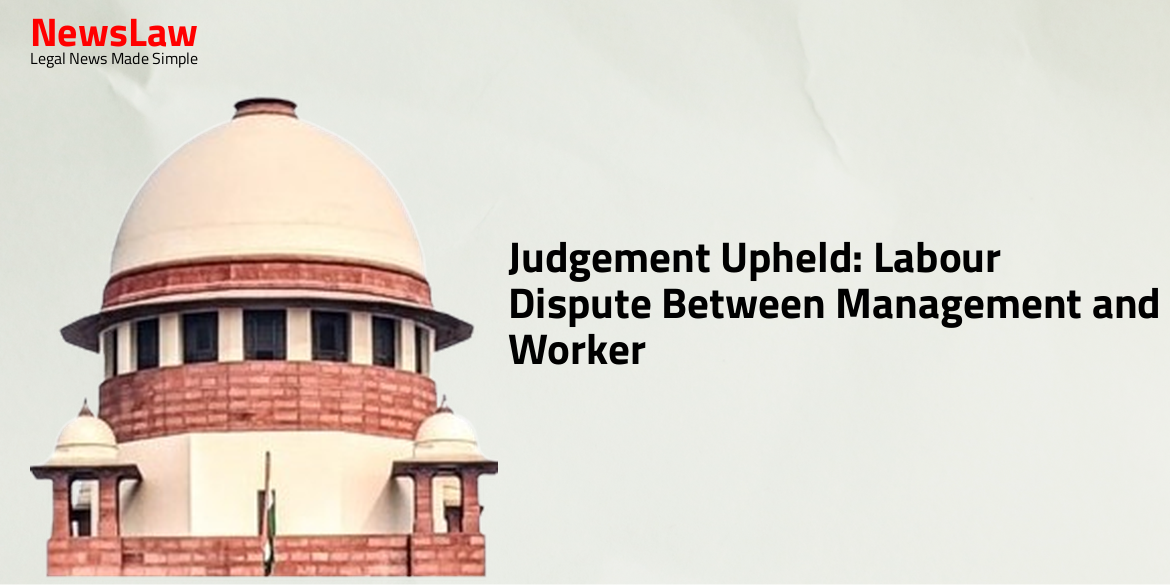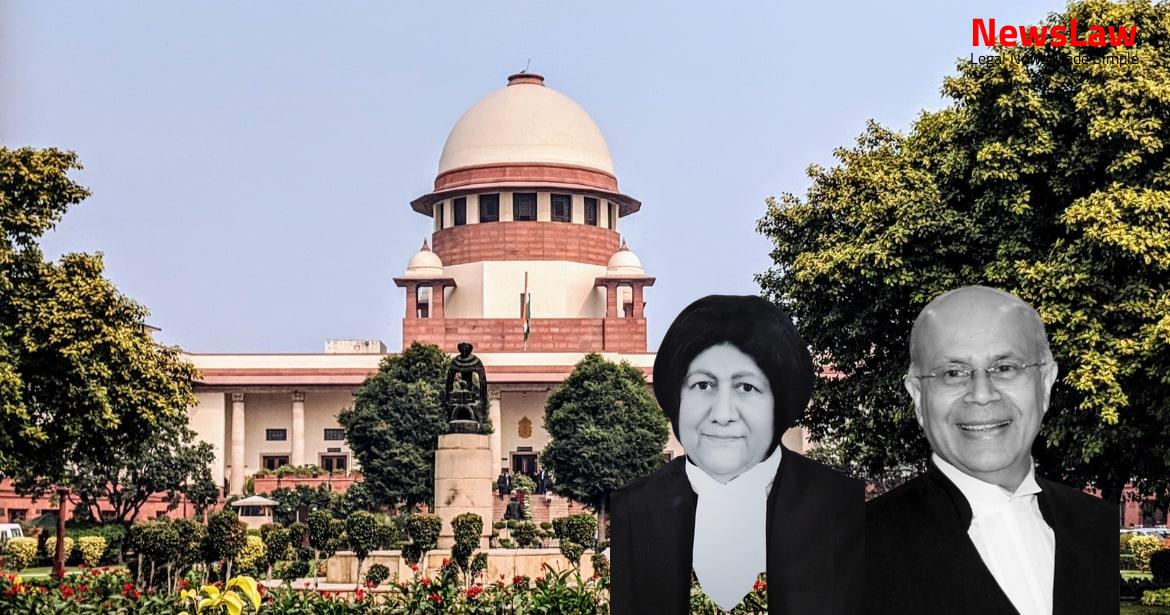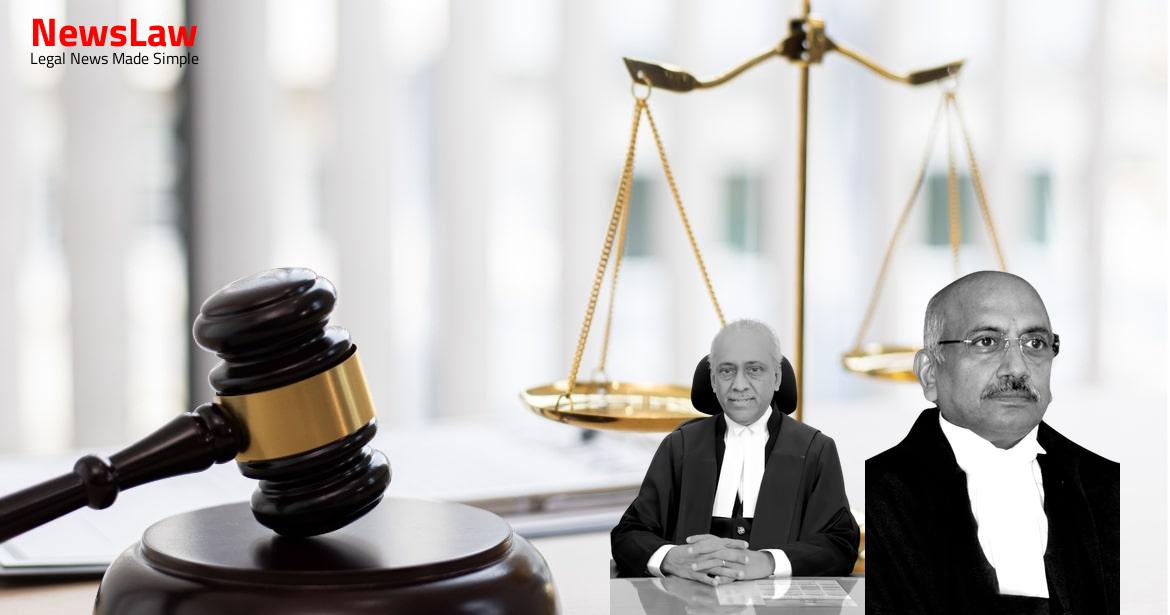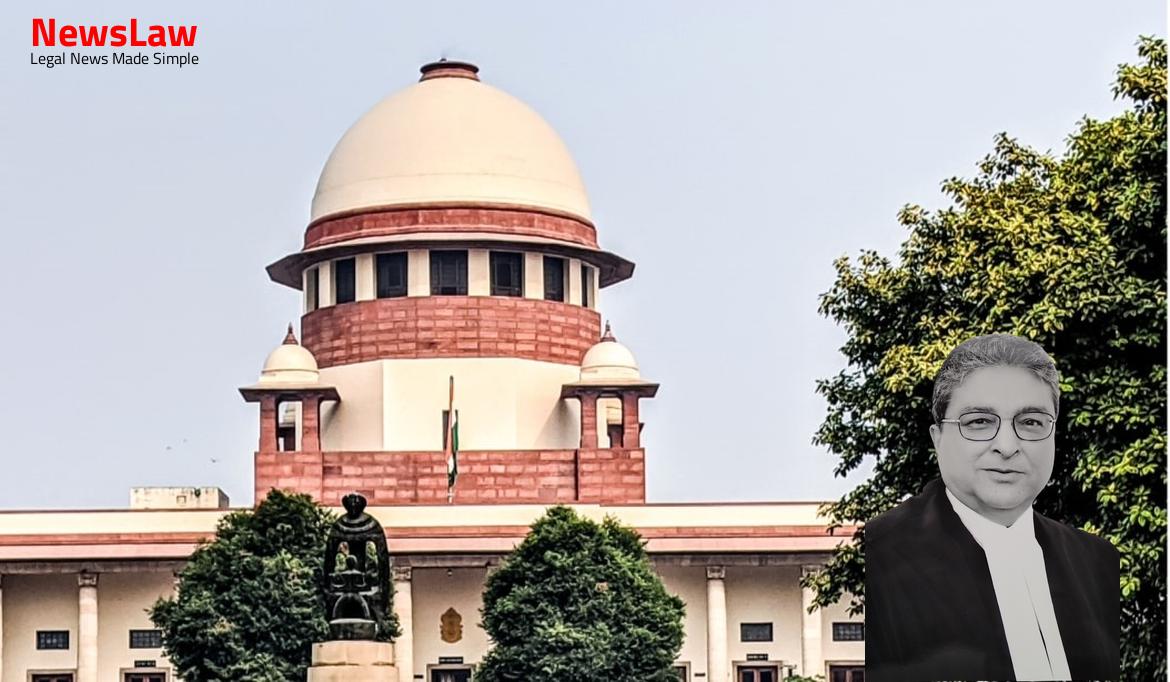In a significant ruling, the Delhi High Court has upheld the judgement in a labour dispute case involving the management and a worker. The case sheds light on the complexities of employment law and the rights of workers in the face of termination allegations. The judgement sets a precedent for future labour disputes. Stay informed on the latest developments in the legal landscape.
Facts
- The petitioner joined the respondent organization as a ‘Sample Tailor’ on 19 February, 2002 with a last drawn monthly salary of Rs. 4,107/-.
- The petitioner requested benefits such as legal facilities, double overtime, leave, etc., which were denied by the respondent management.
- On 8 December, 2008, the petitioner was illegally terminated by the respondent management without notice, charge sheet, or a domestic enquiry.
- The Labour Inspector’s report confirmed that the petitioner was not reinstated, and no settlement was reached with the employer.
- The petitioner filed a case seeking benefits before the Labour Conciliation Officer through the Union, which was later transferred to the Labour Court.
- The petitioners filed individual petitions seeking reinstatement, alleging that the respondent management did not terminate their services but they abandoned their jobs.
- The petitioners approached the Court to quash the award denying their reinstatement, which was passed by the Labour Court on 7 September, 2018.
- The matter involved common questions of law among the petitioners, leading to a joint judgement by the Court.
- The petitioner raised industrial disputes for reinstatement and also sent a legal notice regarding illegal termination to which the respondent did not respond.
- In response to a complaint filed with the Assistant Labour Commissioner, the Labour Inspector visited and the earned wages were given to the petitioner, but reinstatement did not occur.
- Subsequently, the petitioner raised another industrial dispute seeking reinstatement, leading to the current petition before the Court.
Issue
- Workman terminated illegally and/or unjustifiably by management.
- Workman accused of abandoning duties w.e.f. 12.2008 by remaining unauthorizedly absent.
Arguments
- The Respondent offered a meager monetary settlement to the Petitioner, which was not acceptable and indicated wrongdoing on the respondent’s part.
- The Labour Court overlooked crucial details such as the Petitioner’s attempts to report to duty and the management’s refusal to reinstate him.
- Letters sent by the management to the Petitioner were not directly received by him but sent to the Union instead.
- Petitioner’s letters expressing his inability to enter the management’s premises were not considered in the court’s award.
- The impugned award failed to acknowledge the illegal termination of the Petitioner and the management’s obstruction of his return to duty.
- The award was deemed erroneous, arbitrary, and violated the Petitioner’s rights.
- The onus should be on the respondent to prove that the Petitioner did not visit the premises if specifically pleaded.
- The impact of the termination on the Petitioner extends beyond monetary losses to include deprivation of basic needs for the entire family.
- The petitioner invoked fundamental rights under Article 14, 19, and 21 of the Constitution of India due to the violation by the Presiding Officer.
- Inconsistencies in the Labour Inspector’s report regarding the workers’ salaries further complicate the case.
- The petitioner abandoned his services with the management by remaining absent unauthorizedly from his duties.
- The petitioner admitted to receiving all labour welfare benefits and never complained about not receiving them.
- There is no document to prove that the petitioner worked overtime during his services.
- The petitioner did not instruct the Union to file a general demand case against the management.
- The management sent multiple reminders to the petitioner to join his duties after his unauthorized absence.
- The management warned that failing to join duties would lead to disciplinary action.
Analysis
- Abandonment of service is a voluntary act by an employee to permanently leave their employment without intention to return.
- Proof of abandonment requires the employer to provide notice to the employee to resume duty and conduct an inquiry before termination.
- Mere allegations of abandonment are not sufficient; actual abandonment must be proven with evidence of the employee’s intention to relinquish their services.
- The court can interfere with factual findings only if the award is perverse or based on wrong legal principles.
- Long-term absence from duty without proper intimation can be considered as abandonment of service and result in automatic termination.
- The respondent management had made efforts to call the claimant back to work through letters but the claimant did not resume his duties.
- The claimant admitted to receiving letters from the management urging him to return to work but did not provide evidence that he did so.
- The claimant’s name still appeared on the muster roll, indicating that his services were not terminated by the management.
- The claimant failed to prove that he worked overtime or was entitled to double overtime as claimed.
- The Court upholds the impugned award dated 7 September, 2018 passed by the Labour Court – IX, Dwarka Courts, Delhi.
- There is no merit found in interfering with the Labour Court’s decision.
- The findings of the Labour Court regarding the allegation of illegal termination and service abandonment by the petitioners are upheld.
- The petitioners in the batch of petitions failed to establish a case against the management.
Decision
- The impugned award in each of the connected petitions is upheld by the Court.
- The batch of petitions is dismissed.
- Any pending applications are also dismissed.
Case Title: ANIL MAURYA Vs. AT HOME INDIA PVT. LTD. AND ANR. (2024:DHC:3790)
Case Number: W.P.(C)-1571/2019



